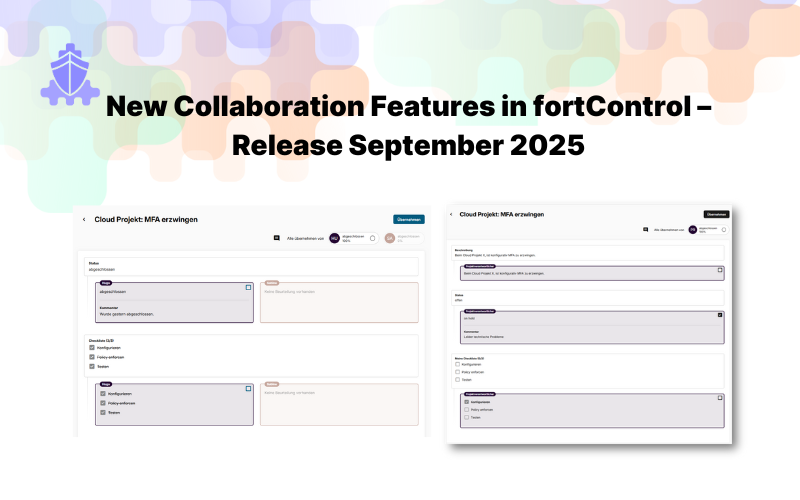Part 1 - Governance: Steering your Information Security Management System (ISMS)
Working in cyber security can feel like navigating through stormy waters. Every day brings new challenges and risks that can be unpredictable and dangerous. This is where governance proves to be your indispensable navigational assistant, helping you to safely navigate these choppy waters and steer your ship purposefully through the complex landscape of cyber threats.
Navigating with foresight: Governance as a strategic compass
Working in cyber security can feel like navigating through stormy waters. Each day brings new challenges and risks that can be unpredictable and dangerous. In this context, governance serves as your indispensable navigation assistant, helping you safely traverse these turbulent waters and guide your vessel through the complex landscape of cyber threats. By implementing governance structures, you set sail towards a secure future, making your ship resilient against the storms of cyber threats and ensuring that your crew is ready and capable of responding to threats and continuously adjusting security measures.
The CISO as helmsman
As a CISO or IT security responsible of an SME, you steer a smaller or larger, perhaps highly exposed boat through the stormy sea of information security. Your goal is to safely deliver valuable data to its destination while navigating the numerous pitfalls of cyber threats. The importance of robust security management cannot be underestimated. It serves as a compass that helps you find the right direction, taking into account both short-term hazards and long-term strategic goals.
Empowering the crew and setting the course
Governance defines the necessary structures, policies, processes, and monitoring mechanisms to effectively manage and continuously improve information security. These not only provide a blueprint for managing cybersecurity but also set clear rules for handling security risks and protecting critical business resources. Governance forms the basis of an ISMS and is an integral part of the broader governance structures and mechanisms of the organization.
Defining clear responsibilities
A central aspect of governance is the clear definition of responsibilities. This ensures that everyone on board knows exactly what tasks they need to perform and who is responsible for specific security measures. This clarity is crucial for responding quickly and effectively to security incidents.
Securing safe passage
As a captain, your navigation skills are constantly being tested. This requires not only prudent monitoring and continual adjustment of security measures but also the ability to learn from every situation and implement gained insights. Solid governance helps you effectively defend your organization against cyber threats and ensure that you stay on course to deliver your valuable cargo safely to its destination.


.png)

.png)